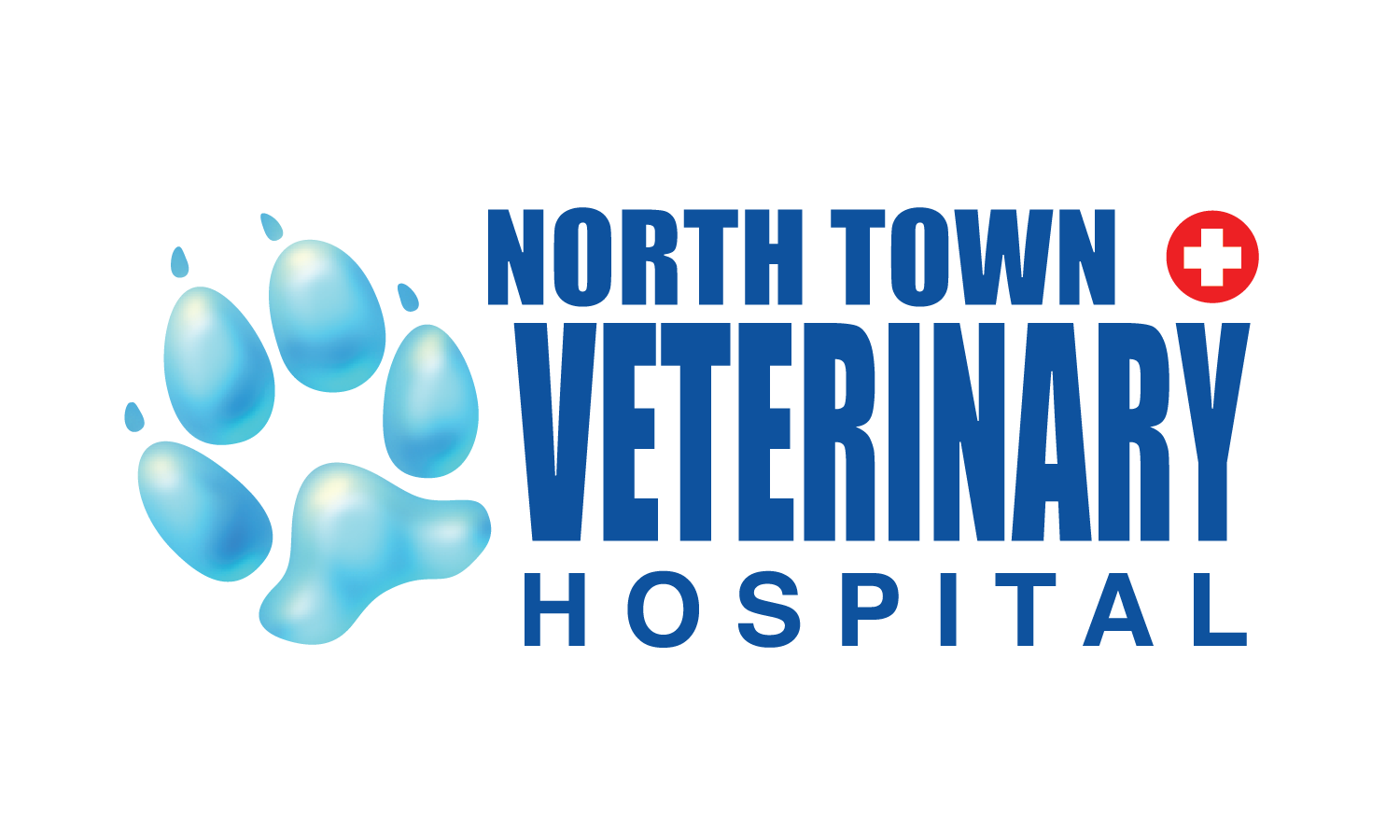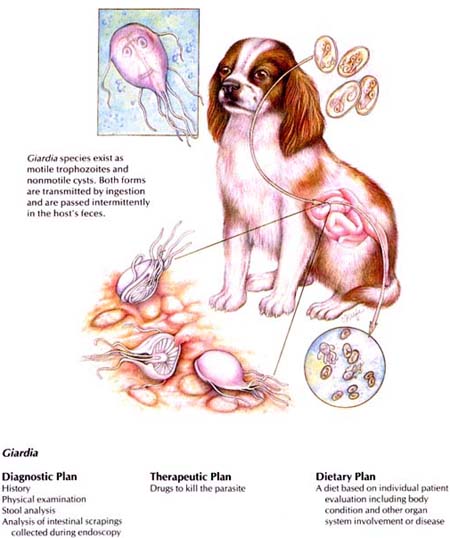Written by Karlie Patrick RVT
So your pet has just been diagnosed with having Giardia. Here is a quick guide to helping you understand what this parasite is, how it is spread, and how you can prevent your furry friend from spreading it and re-infecting themselves.
The first thing you should know about Giardia is that it is not a worm or virus, but a protozoan parasite that affects the intestinal tract. Our younger patients have a higher risk of infection as their immune system is still building up, but this is not to say that there haven’t been cases in our older patients. This parasite is shed in the feces of infected animals and can be transmitted to another animal by either direct or indirect contact with the parasite. Examples of this would include sniffing or ingesting contaminated feces or soil, as well as drinking infected water; usually from public places like dog parks or lakes. Giardia can survive in the environment for quite some time as long as conditions permit, it does well with cool and moist areas.
Giardia has two forms: those being the cyst and the trophozoite. The cyst form is the stage that infects our pets, while the trophozoite is the stage that sets up camp in their intestinal tracts. Giardia can cause symptoms such as: soft stool, diarrhea; that has the potential to contain traces of blood or mucus, as well as weight loss. In some cases clinical signs may not even be present, which is why it is important and beneficial to have a stool sample brought in and sent to the lab when they are in for their annual exam! Make sure to tell our veterinary team that this is something you wish to test for as giardia requires a special solution to help identify parasite.
Another thing you should know is that this parasite is zoonotic. This means that the giardia parasite can be passed from our furry friend to us. Yuk! To prevent this from happening it is essential that you keep a clean environment by picking up all fecal material with gloves to protect yourself and disposing of it immediately, to protect both yourself and your pet.
Lastly, Giardia is generally straightforward to treat with the aid of medication prescribed by your veterinarian, as well as keeping up with the environmental clean up and personal hygiene. If you have any additional questions or concerns about this parasite, please feel free to give us a call at North Town Veterinary Hospital (905) 451-2000 to speak to one of our technicians or veterinarians on staff.
Photo reference: Hills Vet




